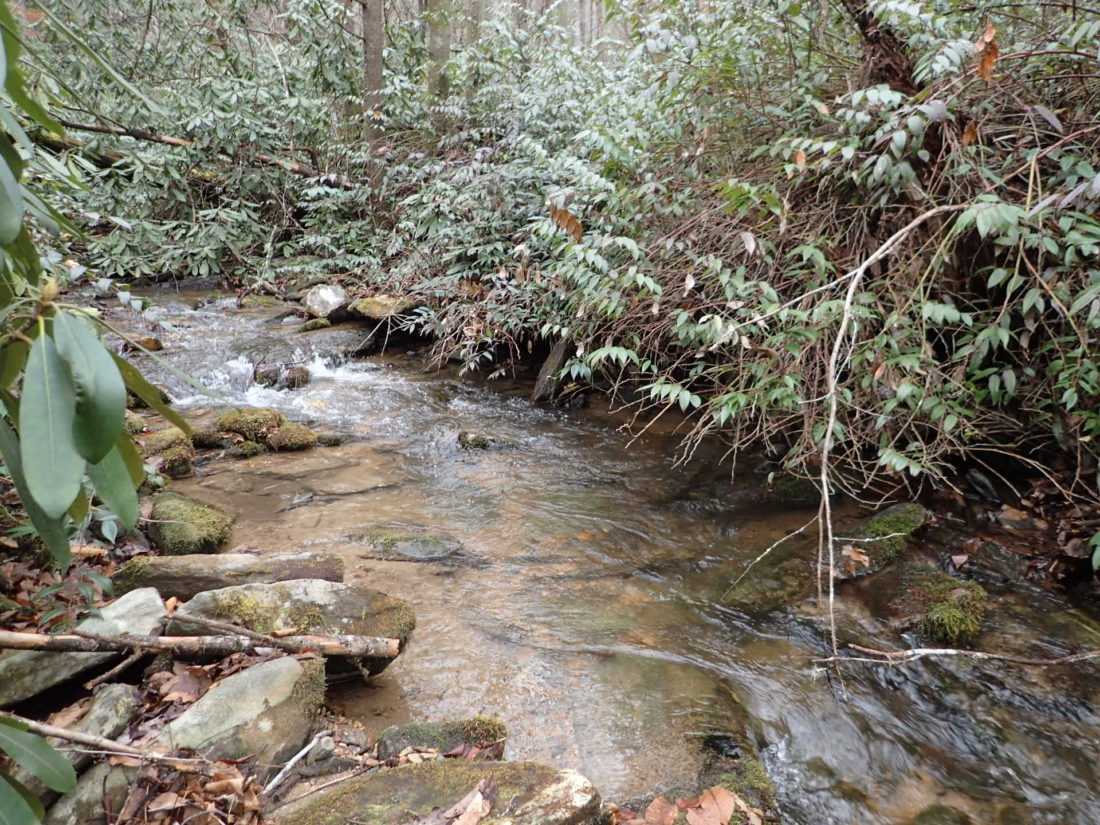Even during the height of tourist season, accounting remains a relatively straightforward affair for many Asheville-area attractions. Biltmore Estate can count its tickets sold, breweries their cups filled and artists the pieces that fly off gallery walls.
Things aren’t so simple for another of the region’s major draws: the French Broad River. No one has set up admission booths along the river’s banks, and pictures of a perfect sunset over its winding waters are free for the taking. Yet hundreds of area businesses rely on the river for their livelihoods. Although it files no tax returns, the French Broad is foundational to Western North Carolina’s economy.
A new study, commissioned by the French Broad River Partnership with $56,000 in grant funding from the Community Foundation of Western North Carolina, Ecology Wildlife Foundation and Duke Energy, effectively seeks to fill out the river’s books. Over the next year, a research team led by economist Steve Ha of Western Carolina University will analyze the monetary value of a healthy river to its eight-county watershed, with work expected to wrap up by fall 2020.
The study is the first major initiative for the partnership, which was founded in October 2018 and comprises more than 80 nonprofits, governmental agencies, businesses and individuals with an interest in the river. Partnership co-chair Garrett Artz, who also serves as the executive director of Asheville-based conservation nonprofit RiverLink, explains that quantifying the river’s financial importance makes sense as a starting point for his diverse coalition.
“We thought that economic data was something that would benefit the overall initiative but would also be something that everybody could use,” Artz says. “We’re not aware of anybody ever taking a look at the French Broad River in terms of its economic value to the region.”
Parallel streams
Ha has previously conducted over 20 studies to explore the financial impacts of WNC institutions ranging from The Great Smoky Mountains Railroad to Folkmoot USA. But the French Broad research is different, he says, because it will look beyond the direct use of the river as a recreational asset.
Instead, Ha explains that the work will define two separate sources of worth: both conventional economic benefits such as tourism spending and “nonuse” values that the river generates passively, such as wildlife habitat and flood management. “We call this nonuse value because people get enjoyment or a benefit simply from the existence of the river,” he says. “That’s the most important part of this study.”
Although Ha is still developing his approach to the research, one major component will be boots-on-the-ground community surveys, conducted by partnership volunteers, at locations such as access points and riverside campsites. He also plans to conduct an online survey to reach audiences beyond those who directly engage with the river.
Andrea Leslie, the mountain habitat conservation coordinator for the N.C. Wildlife Resources Commission and secretary for the partnership’s executive committee, notes that previous work on river values has considered very limited portions of the ecosystem’s total worth. She references a 2015 study that concluded trout fishing alone contributed over $334.3 million annually to the state’s mountain region and supported roughly 3,200 area jobs.
“We talk about how biodiversity can benefit people, but we don’t necessarily really quantify it economically,” Leslie says. “Hopefully this study will help the general public and folks who are involved in commercial ventures here see the value.”
Work the numbers
The study comes at a critical time for the French Broad, Artz says. Pressures from ongoing development and population growth, he suggests, have created a need for collaborative river protection similar to the Upper French Broad Defense Association that fought dams proposed for Transylvania, Henderson, Buncombe and Madison counties by the Tennessee Valley Authority in the 1970s.
By adopting the values determined through Ha’s study, Artz continues, member organizations in the French Broad River Partnership can tell a consistent story of the river’s importance throughout their grant applications and community outreach. And successfully supporting the study through logistics and volunteers, he says, will serve as a proof of concept for the partnership itself.
“Right now, a lot of foundations are looking for partnerships to move things forward because it can be an efficient way of using their money for a project,” Artz says. “We feel like we might enable ourselves to seek some greater funding sources and have some greater impact working together.”
Although the partnership’s current work is economically focused, Leslie emphasizes that she and other members haven’t lost sight of the French Broad watershed as an entity with its own inherent value. The awe of a quiet morning on the river, with birds on the wing above and fish wriggling below, can’t be reduced to figures on a balance sheet.
“What makes a red-tailed hawk less or more valuable than a bald eagle, or what makes Haw Creek more or less valuable than the Mills River?” she asks. “In the end, I think we have to argue for the value of all.”
But doing the numbers, Leslie adds, is a way to “give nature as many chances as we can” in a world often driven by the dollar. “Money and economic value does speak to some people,” she says. “Maybe it’s going to speak to some people in ways that intrinsic value won’t.”




This sounds like a bunch of BS to me. Sorry, it just does. Why don’t we put an economic value on the Atlantic Ocean? Or Lake Michigan?
What is the point? What are we going to do differently than we are doing now?
And if you say that the river is utilized for recreation and supports tourism and that is a big economic impact, are you also going to subtract all the climate change impacts and costs created by people driving or flying to access the river? No, of course not.